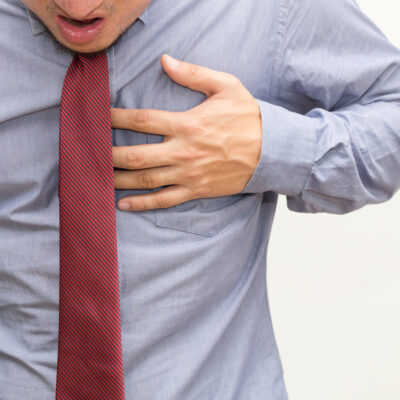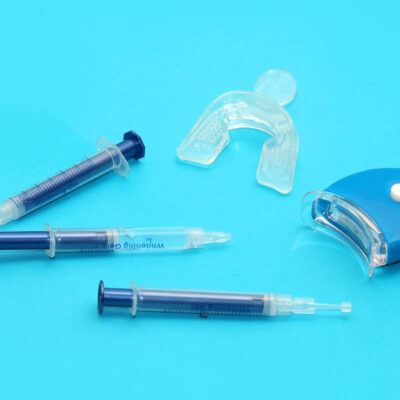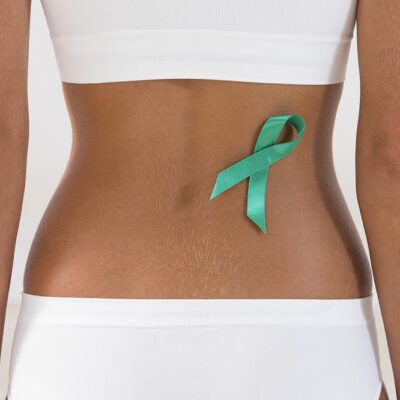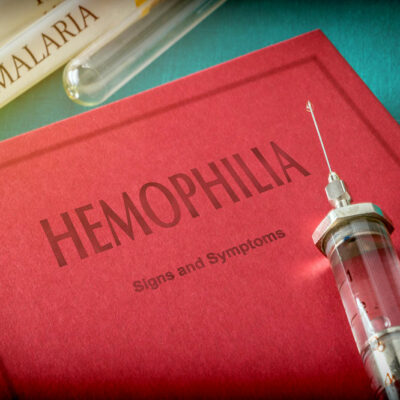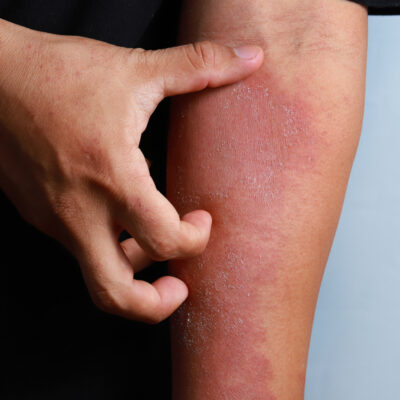
Health
6 Warning Signs of Lupus and Medical Treatments
Lupus nephritis is characterized as a type of kidney inflammation caused by systemic lupus erythematosus (SLE), an autoimmune disease. Lupus is a chronic illness that can affect various parts of the body and can be challenging to diagnose because the symptoms often mimic those of other conditions. Doctors often recommend LUPKYNIS as lupus nephritis treatment, but we’ll talk about other potential lupus medical treatments at the end of this article. First, here are six warning signs of lupus to look out for: 1. Joint pain and stiffness Lupus can cause pain and inflammation in the joints, which may lead to stiffness and limited range of motion. Joint pain is one of the most common symptoms of lupus, and it often affects the hands, wrists, and knees. The pain can range from mild to severe and may worsen with activity. 2. Fatigue Chronic fatigue is another common symptom of lupus. Patients may feel tired even after getting enough rest, and the fatigue can be debilitating. It can be difficult to manage daily tasks when feeling exhausted all the time, and it can affect the patient’s quality of life. 3. Skin rashes Lupus can cause various types of skin rashes, including the classic butterfly-shaped rash across the nose and cheeks.
Read More 
